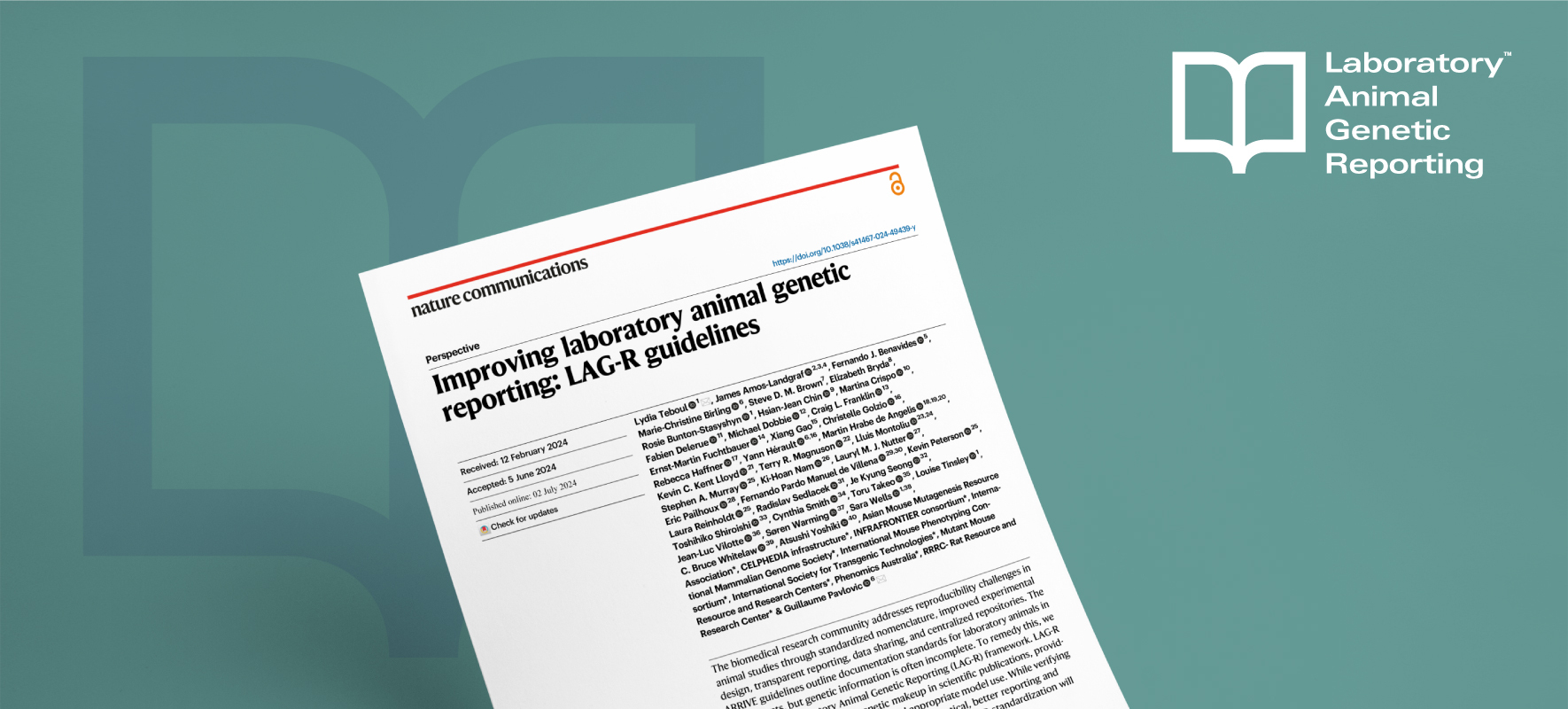MRC cash boost to maximise discovery of mouse models of human diseases The Medical Research Council (MRC) has announced today that it is to invest in excess of £60m over the next five years into mouse genetics research at MRC Harwell, Oxfordshire. MRC Harwell is an international centre for mouse genetics: scientists work to create mouse models to study a wide range of human diseases from diabetes to Parkinson’s disease. It is hoped that this substantial investment into MRC Harwell’s research facilities; the Mammalian Genetics Unit (MGU) and Mary Lyon Centre (MLC), will deliver major advances and support collaborative research services in the UK and internationally. The MGU will continue ongoing studies using mouse models for understanding basic mammalian biology and learning more about human disease pathology, informing advances in treatment and prevention. The unit will also be developing a new research program identifying mouse models with late on-set diseases associated with ageing. This is in line with the MRC’s strategy for investing in research to support lifelong health and wellbeing. The MLC will use this investment to provide technical support services and develop new programs in transgenic mouse production, phenotyping, strain archiving and distribution – all essential to ensure that UK scientists are able to maintain their leading position in the field of mouse genetics and functional genomics. A global approach to mouse genetics On top of these developments, money is also being used to support MRC involvement in the new International Mouse Phenotyping Consortium (IMPC): a world-wide collaboration of large mouse centres with the capacity and expertise to create mutations of every gene in the mouse genome, for which the UK is taking the scientific and industry liaison lead. Analysis of these mice will be undertaken with the aim to produce an encyclopaedia of mammalian gene function. All mice and data will be made freely available to academic and commercial researchers, enabling immediate access for validation and further phenotypic analysis. Dr Tom Weaver, Director of the MRC’s Mary Lyon Centre said: “The MRC’s strategy underlines our ambition to accelerate progress in international health research and exploit genetics research. Being a part of the IMPC will allow us to make a vital contribution towards fulfilling that ambition.” The creation of the IMPC follows a decade of huge international investment in mouse genetics. The US National Institute of Health (NIH) estimates that it spends around one billion US Dollars a year supporting the production of mouse models while the European Commission has contributed hundreds of millions of Euros. Such funding has already allowed scientists to complete the sequence of the mouse genome, develop transgenic research using embryonic stem cells and create tens of thousands of animal models. Professor Steve Brown, Director of the MGU and Scientific Chair of the IMPC explained: “The field is ready to move forward – it is timely to begin the project now. The UK, particularly through our European pilot EUMODIC, has taken the lead in the development of large-scale phenotyping approaches in the mouse. Our research programmes have demonstrated the feasibility of IMPC, and our recognised leadership in the technology and science of mammalian genetics makes us very well equipped to participate in this consortium.” MRC CEO Professor Sir John Savill commented: “The MRC is absolutely committed to basic research and we understand the value of mouse genetics – that is why we continue to support the science and infrastructure at MRC Harwell. We firmly believe that the IMPC represents a unique opportunity to capitalize on our significant investment in Harwell and it will provide extraordinary insight into biological function over the long-term. This is a great opportunity for the MRC to get involved in an important worldwide effort that is both exciting and offers enormous potential to further our understanding of human disease and develop new approaches to treatment.” Drug development It is hoped that the creation of the IMPC will result in the coordinated global development of thousands of pre-clinical models of human diseases, which can then be used by pharmaceutical and biotechnology companies to speed-up the development pipeline of new drugs. Dr Tom Weaver, Director of the MLC, explained: “We are keen to establish closer links with industry, since the application of mouse genetics will be vital for bridging progress made in basic research to the arena of medical genetics and genomic medicine. The focus is on translating basic discoveries into improved drug development and clinical outcome.” He added: “Through our participation in IMPC there will be enormous value and opportunities delivered to the clinical and biopharma research communities in the UK via the networks that will grow up around Harwell. For example, the models we produce will be used for validating discoveries made in genome-wide association studies and identify novel drug targets and drugable pathways. Our models will also serve as tools to understand the mechanisms of action of drugs in vivo, as well as rapid testing of efficacy prior to expensive clinical trials. Our vision is to put the mice and data into the hands of the scientists making new drugs as soon as possible.”



